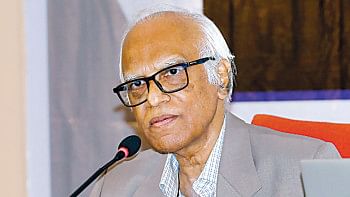Secondary Female Characters in Literature and Cinema

I was rewatching The Lord of the Rings trilogy a couple of weeks ago. It had been a while since I last watched the three films and while I remembered the basic storyline and the main characters, I had forgotten the many extraordinary “secondary” characters that are crucial to the story. As I devoured the trilogy, every single scene brought waves of nostalgia to my heart and I was awestruck by one particular character: Éowyn.
Éowyn, a noblewoman who fell in love with Aragorn, the heir to the throne of Gondor, appeared to be a relatively insignificant character throughout the second film and the first half of the third film. Although brave and likeable, she mostly stayed in the background until she disguised herself as a man and secretly accompanied her countrymen into battle. When she confronted the evil, undefeatable Witch-king, the latter told her, “You fool! No man can kill me!” – and then she took off the helmet that had been hiding her face and said – “I am no man.” – and killed him.
This scene gave me goosebumps. I had rarely been moved so much by a particular scene before and I watched it over and over again on YouTube. It made me ponder over the roles of some of the seemingly timid secondary female characters in literature and cinema who ended up saving the day.
In the Harry Potter series, for example, we had Molly Weasley. Even though we loved her, we never thought this affectionate person was capable of fighting. She even tried stopping Harry from going on a risky quest. But then she proved us wrong. She didn’t hesitate confronting the dangerous Bellatrix Lestrange when the latter threatened to kill her daughter, proving that love is a stronger power than fear and hatred.
Such characters are found in abundance in literature. For instance, while Catherine Earnshaw was one of the two central characters of Wuthering Heights, it was her daughter, Catherine Linton, who left a mark on my heart. After choosing to marry Edgar Linton, the older Catherine spent the rest of her life crying for Heathcliff before succumbing to an early death. Even though the younger Catherine was initially a character I just doted on, my heart was filled with respect for her the moment she stood up to the revengeful Heathcliff, the man responsible for ruining her family. She couldn’t do much in the face of Heathcliff’s wealth and power but defied him anyway, something her parents and relatives had tried to do but failed.
Examples of such strong secondary characters also include Melanie from Gone with the Wind, Celia from As You Like It, Éponine from Les Miserables and so on.


 For all latest news, follow The Daily Star's Google News channel.
For all latest news, follow The Daily Star's Google News channel. 



Comments